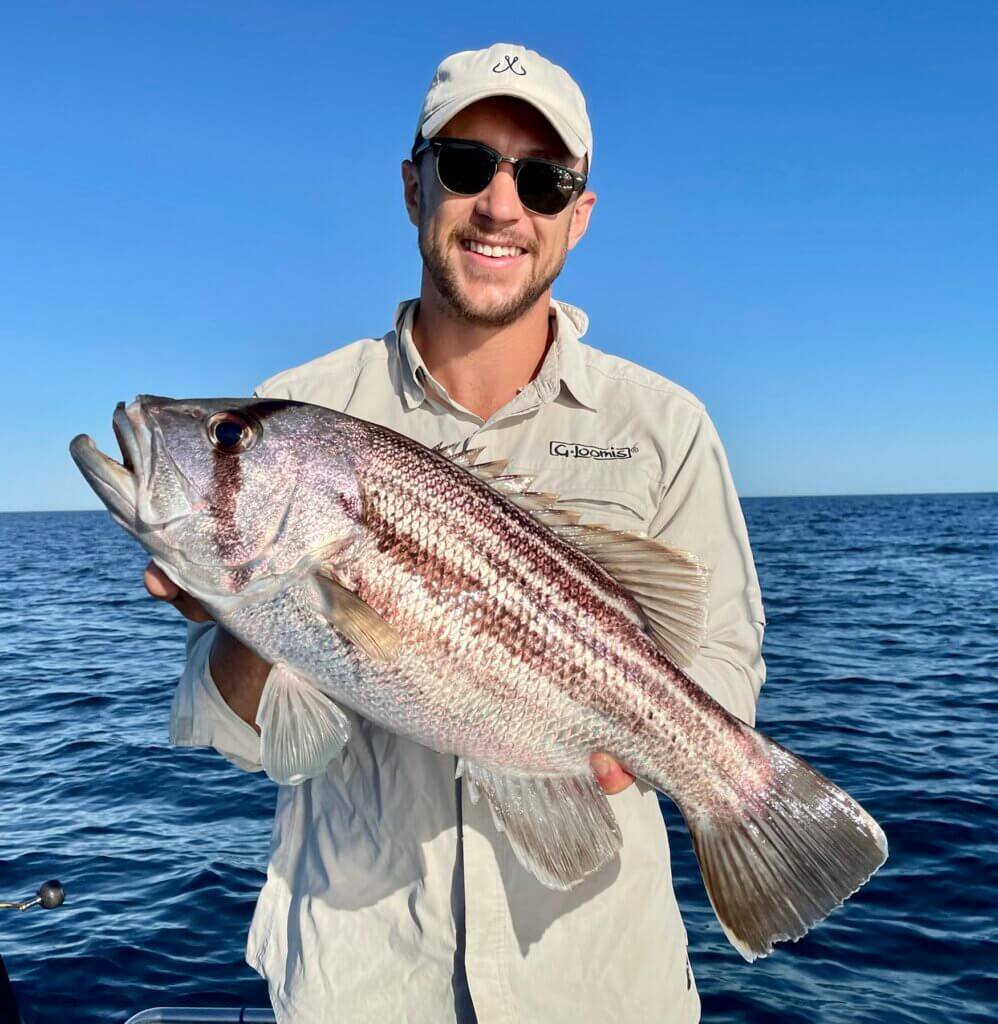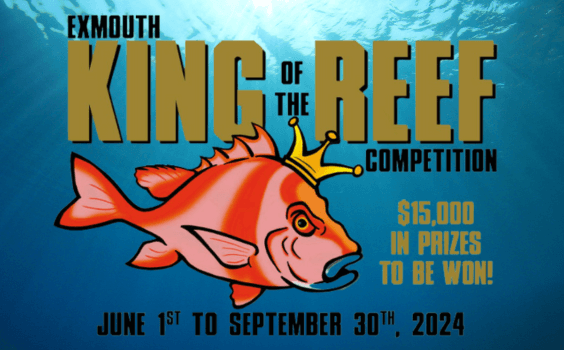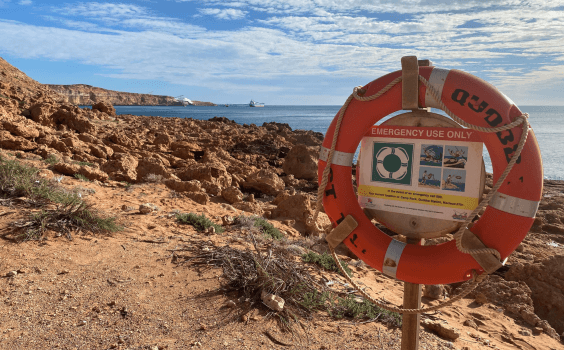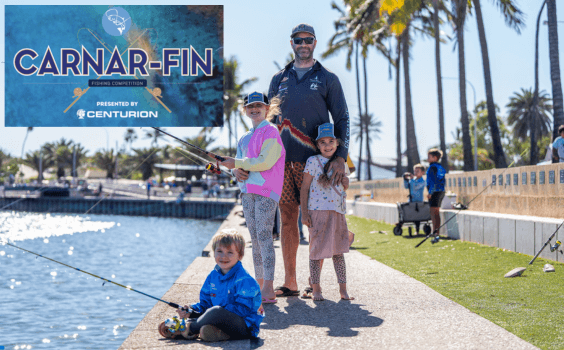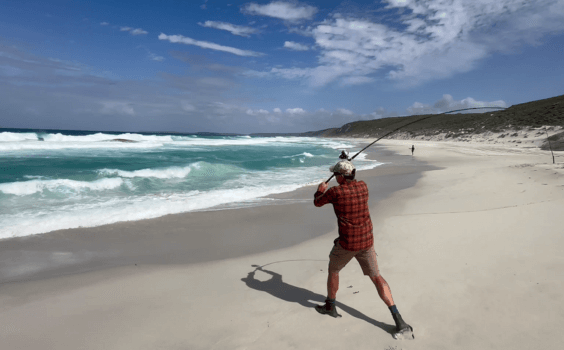Recfishwest understands the science has shown the recovery of some our favourite fish in the West Coast Bioregion is not tracking as well as hoped or expected.
There is a need for additional action to support the recovery of pink snapper and dhufish stocks. We welcome the opportunity to continue working with all sectors to meet the sustainability challenge this fishery is facing.
Recreational fishers care deeply about these prized fish. We always have and always will do our part to ensure sustainability of our fish stocks.
Today’s announcement from Fisheries Minister Don Punch signals the State Government’s appetite to tackle this challenge.
Find the Minister’s full media statement here.
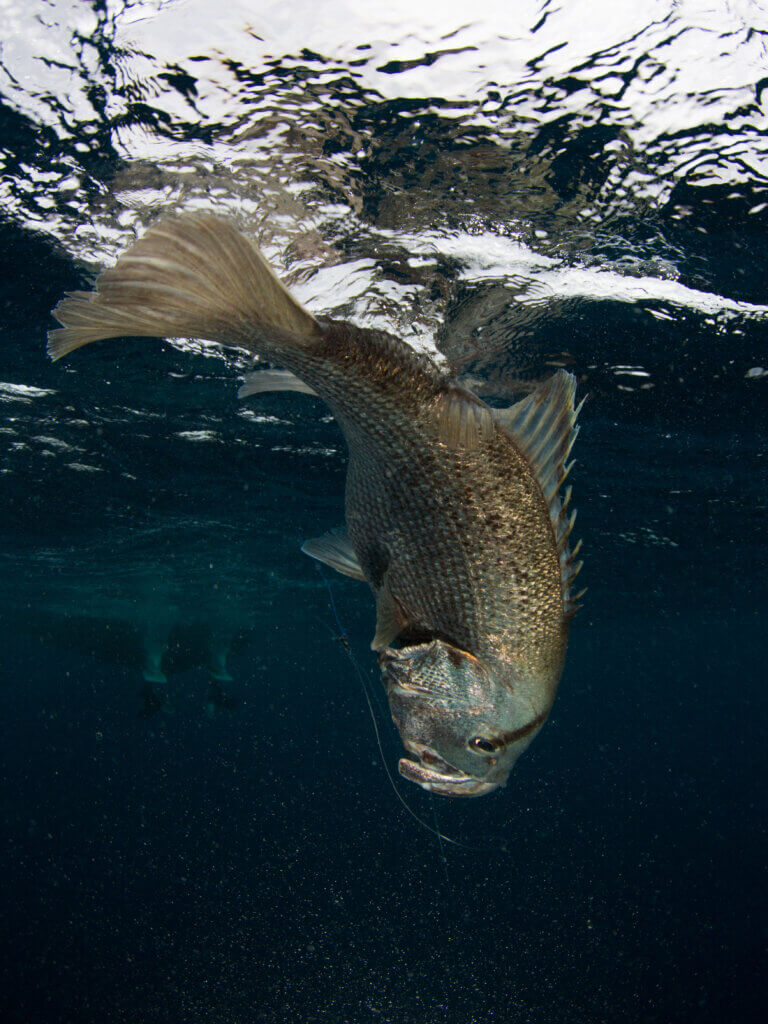
Following the Minister’s announcement, Recfishwest will meet with the Department of Primary Industries and Regional Development (DPIRD) to understand the intended management timeline and ensure recreational fishers have ample opportunity to make comments and put forward innovative management ideas.
This is a multi-species, multi-sector fishery spread over a very large area. Demersal fish are long lived and slow growing and there is a significant variation in the current rate of recovery between different species and locations. The right management for the right species, in the right areas, is required.
All sectors working together to explore new ideas and rethink the traditional management approaches can ensure this fishery is sustainable and delivers the optimal social and economic returns for generations to come. This will likely require a package of measures and adequate resourcing to implement those measures.
Rather than simply relying on adjustments to bag limits and seasonal closures, outside the box thinking needs to be investigated including:
- Targeted protection for spawning activity;
- Investments in stocking and habitat enhancement;
- Increasing education aimed at reducing post-release mortality;
- Reducing the extent of shark depredation on demersal fish;
- Management arrangements that reduce the need to release fish;
- More real time catch data for all sectors;
- Options for tradable allocations across sectors;
- Investments in redirecting effort onto less vulnerable species; and,
- Understanding the impact a changing climate is having on key indicator species.
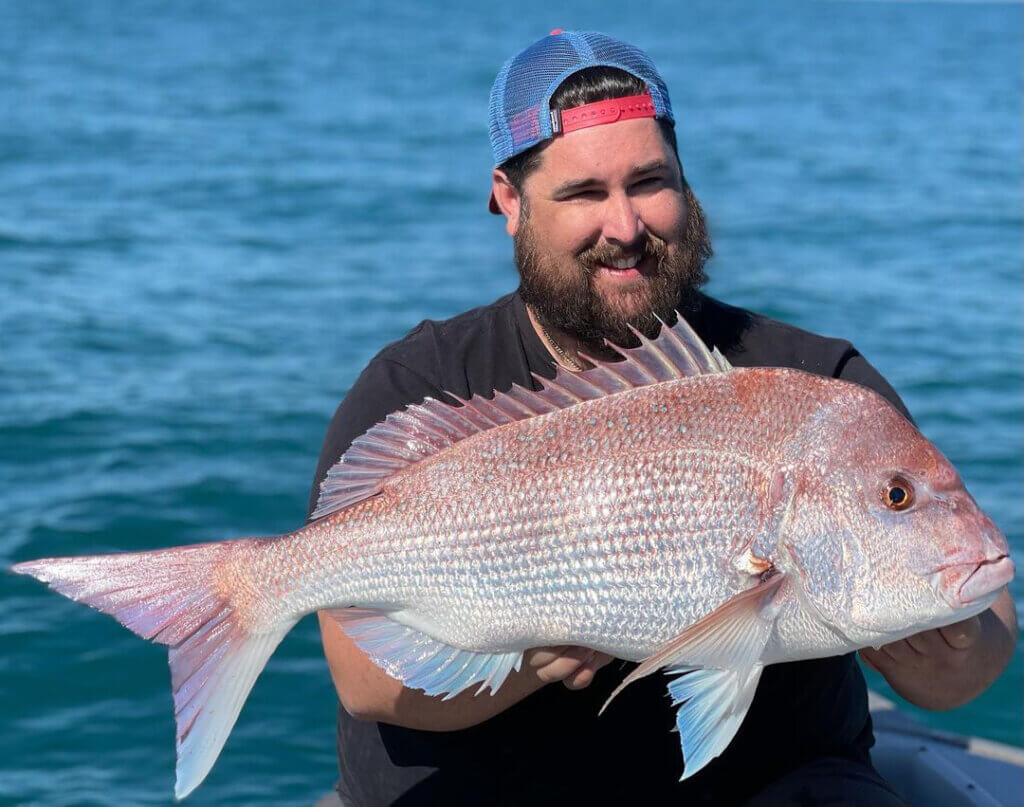
Applying a system of management that balances sustainability with the optimal environmental, social and economic values of the resource is not easy and will require a significant investment of time, money and effort.
We do not want to see Government selectively pursue individual pathways that sees the process railroaded towards the cheapest, quickest and simplest management response.
Recfishwest has a strong appetite to work constructively with all sectors and stakeholders and develop a comprehensive suite of appropriate management responses that deliver good outcomes for this fishery.
That said, we have serious concerns about the resources DPIRD have available to get this right. The demands on DPIRD’s scientists, researchers and managers has been stretched to breaking point since the 2017 amalgamation of the former Department of Fisheries into a mega Department.
Since 2017, recreational fishers have experienced repeated increases in recreational fishing licences fees and there has been a reduction in the amount of resources being invested into managing our fisheries.
There has also been a noticeable decline in services to fishing stakeholders. This has, and continues to be, a major concern for all fishers.
The Government needs to understand how important this fishery is and must ensure the right level of support. With less fish to go around, it is more important than ever that we manage the available fish in the best possible way.
Despite the challenge ahead, Recfishwest looks forward to consulting with recreational fishers, charter fishers, commercial fishers and DPIRD to ensure our fish stocks are sustainable and can continue to provide great fishing experiences.
